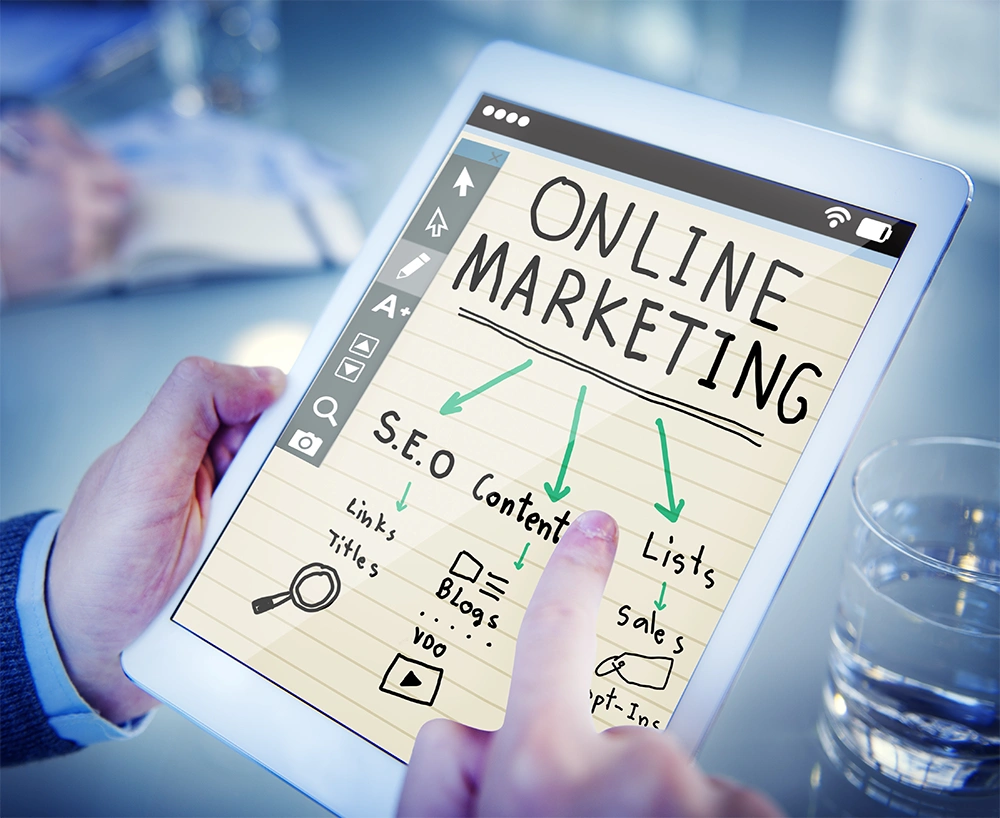COMBINING HUMAN INTELLIGENCE WITH THE AI PREDICTION MODELS CAN CREATE THE NEW HORIZONS FOR MARKETING: EXPERTS
A recent blog entry by Andrew Stephen, the L’Oreal professor of Marketing and Associate Dean of Research at Oxford University’s Said Business School has touched on some crucial points on how marketing strategies may work in future, and how AI may fit in all this. Highlighted below are some of the more interesting findings from the post.
It’s high time to pause and reflect on the AI-revolution in Marketing
When Dr. Stephen Hawking made the sensational comment on AI at the opening of the Leverhulme Center for the Future of Intelligence, it rocked the world. After all, this wasn’t some fantasy enthusiast making unfounded remarks, this was the most famous scientist since Einstein. He then went on to make the chilling statement that AI is “either the best, or the worst, thing ever to happen to humanity.” after he evaluated and predicted the effects of the AI and its applications. We can already see the dichotomy that this technology has created in the field of marketing alone.
We have seen how the incredible power of the technology has enabled marketers to process all the valuable data to present better insight for running marketing campaigns. However, the very same technology has somehow created a barrier in innovative thinking. Andrew explains that AI has been on the top layer of discussion and it has basically changed the format of marketing from outbound to inbound for improved results and ROI. However, AI has remained the ‘shiny new toy’ for way too long, and he suggests we take a more bullish point of view and exploit the full potential of Artificial Intelligence to create more efficient and less scattered marketing plans. Start using AI as a Tool, not Authority.

In his own words, “Realize that AI is a means to an end. Nothing more, nothing less.” It all comes down to asking the right questions from this tool. Lately, the effectiveness of AI applications seem to have made people start to rely more heavily on the insights, never taking the trouble to put the human insight to it. After all it is still humans the sales and marketing efforts are being made for. To overcome this perception, Andrew suggests following what he calls the HIAI approach.
The Human Intelligence, Artificial Intelligence Hybrid
Marketing experts, especially the ones using analytics tools have started to use AI tools as their end strategies. This is the case specifically with the new marketers, who never had the opportunity to apply the manual strategies. This is why it has now become extremely important to bring human intuition back to the industry to keep the scale in a more balanced position. The effectiveness of the HIAI approach has already been proven in the case study of Sony Music, wherein they have used the combination of data science and human judgment based on experience and taste to create the most effective marketing strategies for themselves.
In a nutshell, whilst it has become more important to create more data-driven strategies, we cannot afford to lose the scope of human intervention. That is if we want to keep the future marketing models from collapsing altogether.
Resources:
https://www.forbes.com/sites/andrewstephen/2018/10/08/ai-marketing-backtobasics/#5dbec85e4973
Related Post
Zoho is Splitting Activities Module: Know Why and How It Can Affect Your Business
Know how Zoho deprecating activities module is great for your business and the reasons why Zoho team announced this.
Keep ReadingStrategic Synergy: Harnessing the Potential of HubSpot's Co-Marketing for Success
The co-marketing program is your next step if you'd like to partner and co-create valuable content and foster business growth alongside HubSpot.
Keep ReadingEffective Strategies for Marketing and Promoting Your Adobe Commerce Store
With the perfect strategy for marketing, you can reach more users and increase engagement on your Adobe store.Check out our blog for top business strategies
Keep Reading



